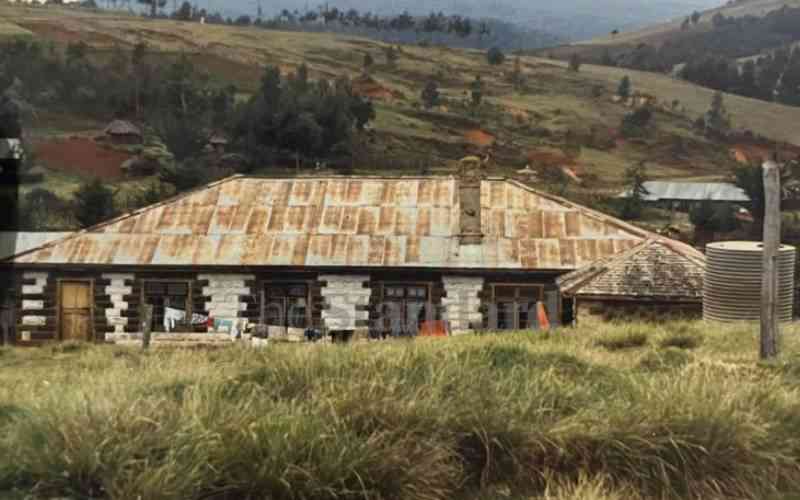×
The Standard e-Paper
Home To Bold Columnists

Kenya is either 59 years as a republic, 60 years as a self-governing or 128 years since it became a country.
The focus has been on republicanism, not 68 years of colonialism, defined by indirect rule through chiefs, cheap labour through plantations and Mau Mau uprising that humbled the Empire.